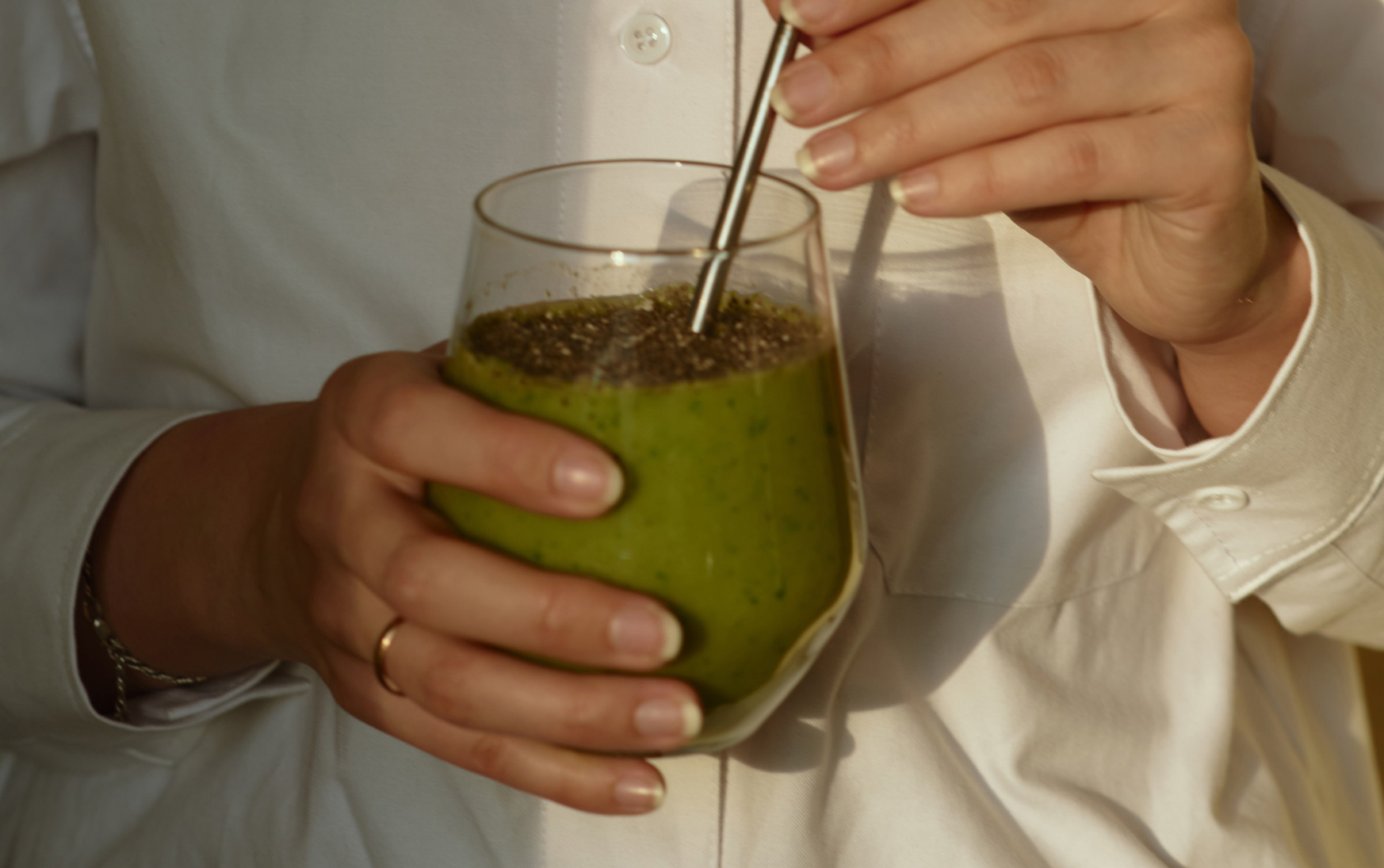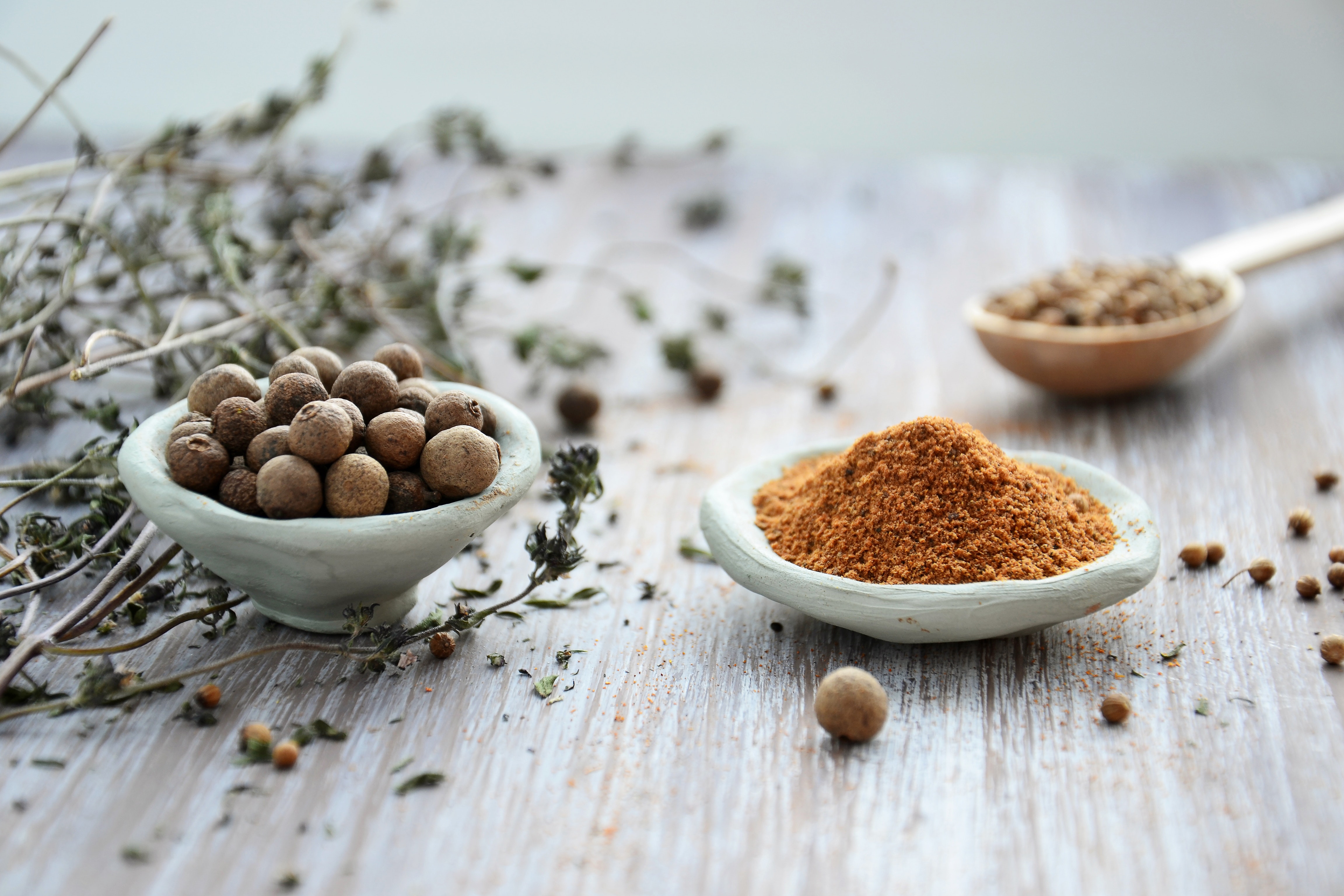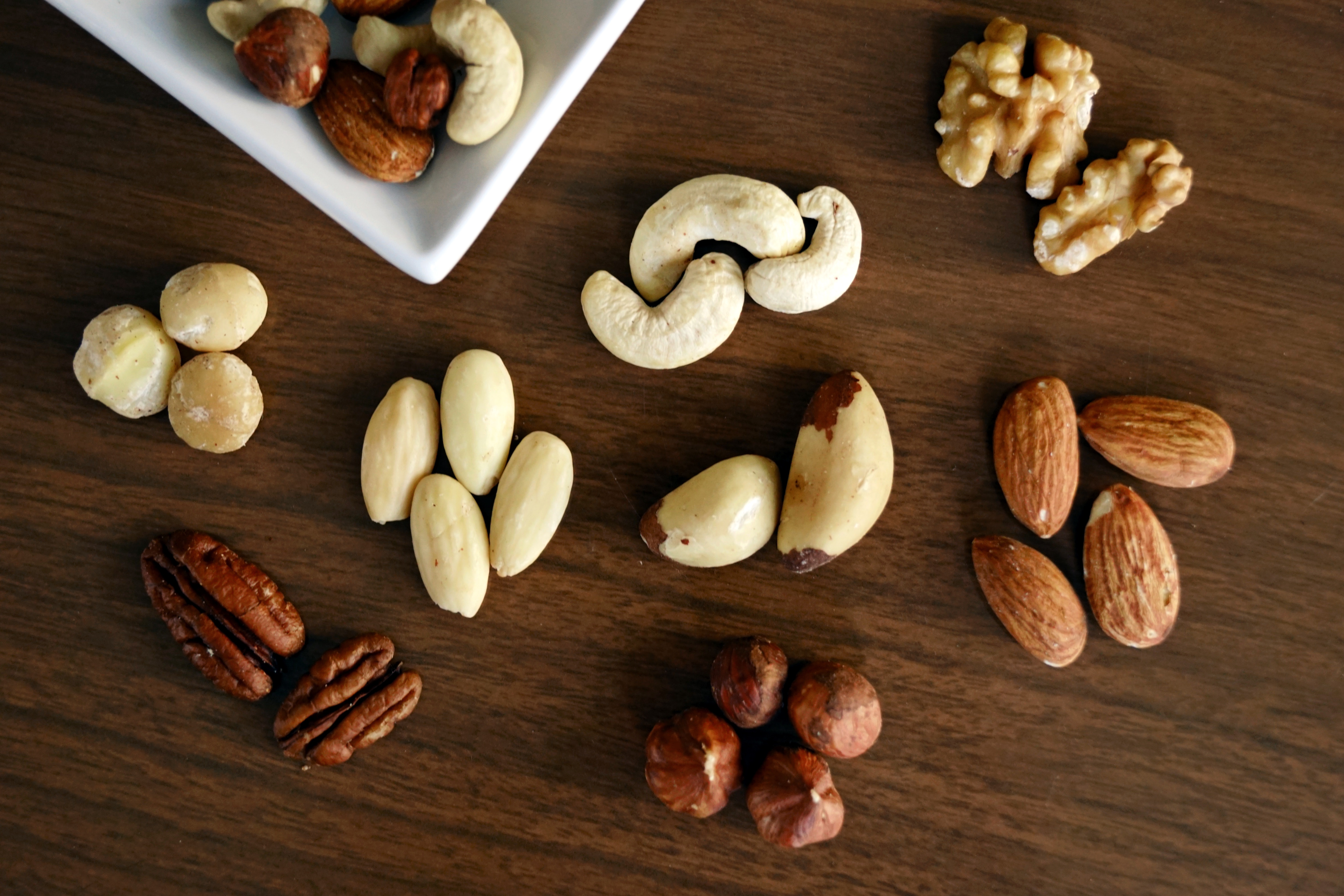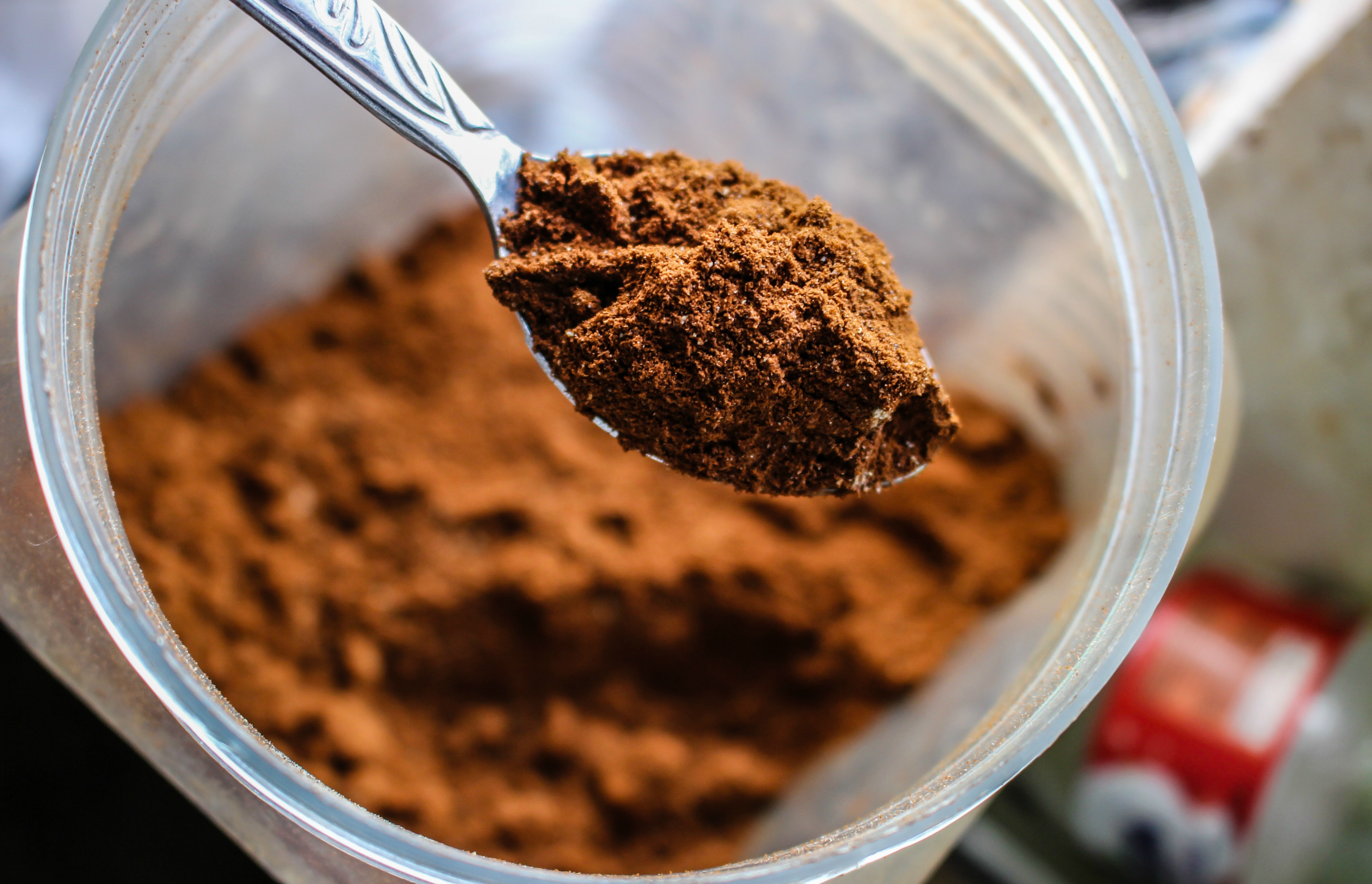science
The Vest Kinds of Vegan Protein Powder to Try in 2024
On This Page

How to choose the best protein powder, here's a simple guide for all you vegans out there.
Decisions, Decisions for Vegans
If you are vegan, and choose not to eat meat, dairy, and eggs (foods rich in protein), then it is important to make sure you are getting enough protein in your diet. Protein is an essential building block for your bones, skin, muscles, and blood and is needed by your body to produce hormones and enzymes. All of which are extremely important functions to keep your body healthy! Many vegans and vegetarians may find it hard to meet the recommended daily amount of protein and must supplement their diet with protein powders. Supplementing with a protein powder can be a good place to start, but the amount of choices can be overwhelming -and sorry, well-known whey protein is out since it is derived from milk. But not to worry, you still have plenty of plant-based protein options including soy protein, pea protein, hemp protein, rice protein, and others.
With a huge selection of protein powders on the market and the daunting quantities they come in, it can be difficult to figure out the right protein powder for your needs. Choosing the best protein supplement for your health goals means asking yourself some important questions. Do I want a complete protein? What flavor do you like best? What dosage of powder do I want to take? Do I want to take a protein isolate? What are my fitness goals? Am I looking for a gluten free, organic, or non GMO protein powder? If you’re vegan then you have an additional criteria to consider when making your decision — is this protein powder vegan?
Whether you’re vegan or just looking to avoid dairy, this article will provide you with the questions you need to ask when selecting a vegan protein powder to fill in the gaps of your diet.
What is vegan protein powder?

Like all vegan products, vegan protein powder just means that it is not made from animal-based ingredients (i.e. meat, fish, eggs, dairy). Instead, vegan protein powders are derived from plants. So rather than casein or whey, which are proteins derived from cow’s milk, plant-based protein will come from sources like nuts, grains, seeds, and more. Vegan protein powder is a good option for people with many different diets — not just vegans. It can be a great option for people who suffer from digestive issues, or sensitivities to dairy. Some of the most common vegan protein powders are soy, pea, hemp, rice, and peanut. Many vegan protein powders are a blend of several plant-based proteins.
Why is protein important for vegans?
Protein is an essential component of a healthy diet, but getting enough protein in your diet can be a concern for vegans. Because the vegan diet doesn’t include beef, chicken, fish, eggs, or other animal-based foods that are high in protein, it is often necessary for vegans to augment their diet with a protein powder and other supplements such as vitamin B12. While many vegan foods such as chia seeds, nuts, and beans are good protein sources, they may not individually contain all nine essential amino acids that comprise a complete protein.Because of this, it can be difficult for vegans to combine food items to get all the nutrients they need. As Harvard Women’s Health Watch points out, “vegetarian and vegan diets can be healthy, but they can lack certain nutrients,” so if you follow a vegan diet, “you may have to use a little creativity to ensure you get enough protein.” For this reason, it is especially important for vegans to choose a protein supplement made with complete plant proteins.
6 key things to ask when purchasing vegan protein powder: the nuts and bolts.

Is it a complete protein powder?
One of the most important questions to ask yourself if you are looking for a vegan protein powder is whether it is a complete source of protein. Let’s break this down. A complete protein contains all nine essential amino acids, which your body cannot produce itself: histidine, isoleucine, leucine, lysine, methionine, phenylalanine, threonine, tryptophan, and valine. Your body combines these organic compounds to form the proteins needs to perform important functions such as growing and repairing muscle tissue (this is why you see so many athletes drinking post workout protein shakes).
When choosing a protein powder, ensure that you are choosing a protein blend that provides you with complete proteins. Because plant sources may not contain all nine essential amino acids, we recommend that vegans, and those that follow a dairy free diet, choose a plant-based protein powder blend with all nine essential amino acids.
How many grams of protein does it provide?
The Institute of Medicine (IOM) recommends that your individual daily protein intake should equal 0.8 grams per kilogram of your body weight. While generally the IOM recommends that the average sedentary woman consume 46 grams per day, and the average sedentary man consume 56 grams per day, you can check your individual recommended daily allowance using the USDA’s DRI calculator.
So how many grams of protein do you need to supplement in your diet? Think about how much protein you are getting in your current diet — then take that value and use it to calculate how much supplementation you need to reach your own recommended daily allowance (RDA). The amount of protein you need will differ depending on your activity level and health goals, for example, if you exercise frequently or are actively trying to build muscle you may need more protein in your daily diet. Knowing the amount of protein you should consume daily will help you narrow down which vegan protein powder can help you meet your goals.
What is the source of protein?
A dash of pea, a pinch of hemp. Some of the most popular options for plant proteins are soy protein, pea protein, brown rice protein, and hemp protein. You should consider these protein sources in relation to your own needs. For example, if you are trying to limit your soy intake, then you may want to choose an option made from hemp or pea protein instead. Based on your own preference, you may also want to consider whether the source of the plant-based protein is certified organic and non-GMO.
Another ingredient to consider: fiber. Your protein powder can do more than just provide you with protein, it can also provide you with fiber and a variety of essential vitamins and minerals. Combining a few grams of fiber and protein can help you stay full longer and helps to maintain bowel health.
What about sugar in protein powders?
Sugar is added to most of our food, and vegan protein powders are no exception. Often, sugar improves the natural flavor of plant-based protein powders. While added sugar isn’t bad in small doses, it does add additional calories without any additional nutrients. The American Heart Association recommends limiting the amount of added sugars you consume to no more than half of your daily discretionary calorie allowance. For most American women, this is no more than 100 calories coming from sugar per day and no more than 150 calories coming from sugar per day for men. This approximately six teaspoons of sugar per day for women and nine teaspoons per day for men.
When thinking about your own health needs (and your taste buds) you may want to consider a protein powder sweetened from natural sugars rather than an artificially sweetened protein powder. Artificial sweeteners commonly found in protein powders include Acesulfame-potassium (Ace-K) and sucralose.
What flavors of vegan protein are available?
Vanilla? Chocolate? Protein powders come in three common flavors: vanilla, chocolate, and unflavored. When choosing a vegan protein powder, let your taste buds have some input while keeping your health in mind. If you want a vanilla flavored or chocolate flavored protein, consider looking for one without too many grams of added sugars or artificial sweeteners. Naturally flavored protein powders offer just as much flavor as artificially flavored protein powders, which can leave an aftertaste. If you prefer a plain protein powder, you can add lots of tasty, flavored ingredients to your protein shake like fresh fruit or peanut butter.

Are there any known adverse effects from using a particular brand of protein?
When you have narrowed down the type of plant protein that interests you, you will need to pick a brand. Do your research on the brand, the scientific research behind their claims, and their ingredient sourcing. Get to know the ingredients. You may want to consider whether the brand uses organic ingredients or other variables that will give you a fuller picture of what you’ll be consuming. Look for signs of that the brand is trustworthy and has done their research — like if they work with medical professionals to create products with the consumer in mind and the company and their partners have proper accreditation. Most importantly, choose a brand that you trust and feel has your best interest at heart.
Ready, Set, Supplement!
Whether you are vegan or not, plant-based protein powder is an excellent way to supplement your daily protein intake and meet your personal health goals from workout recovery and muscle development to weight management. Ask yourself the questions we’ve outlined above to ensure you are making an informed choice about your supplements and choosing the best vegan protein for your needs, and get shakin’.
Key Takeaways
Protein is an essential macronutrient that everyone needs. When following a plant based diet, it can be more challenging to find complete sources of protein and make sure you get enough protein daily. Protein powders can be a great source of protein to bridge any gaps in your diet. Be sure to look at the ingredients being used including the type of sweetener, amount of sugar, grams of protein per serving, and quality of the product. At Care/of our Plant Protein is a blend of pea protein, pumpkins seed protein, and hemp seeds along with creamy MCT oil, and organic vanilla extract. All while being third party tested, non-GMO, and gluten free.



